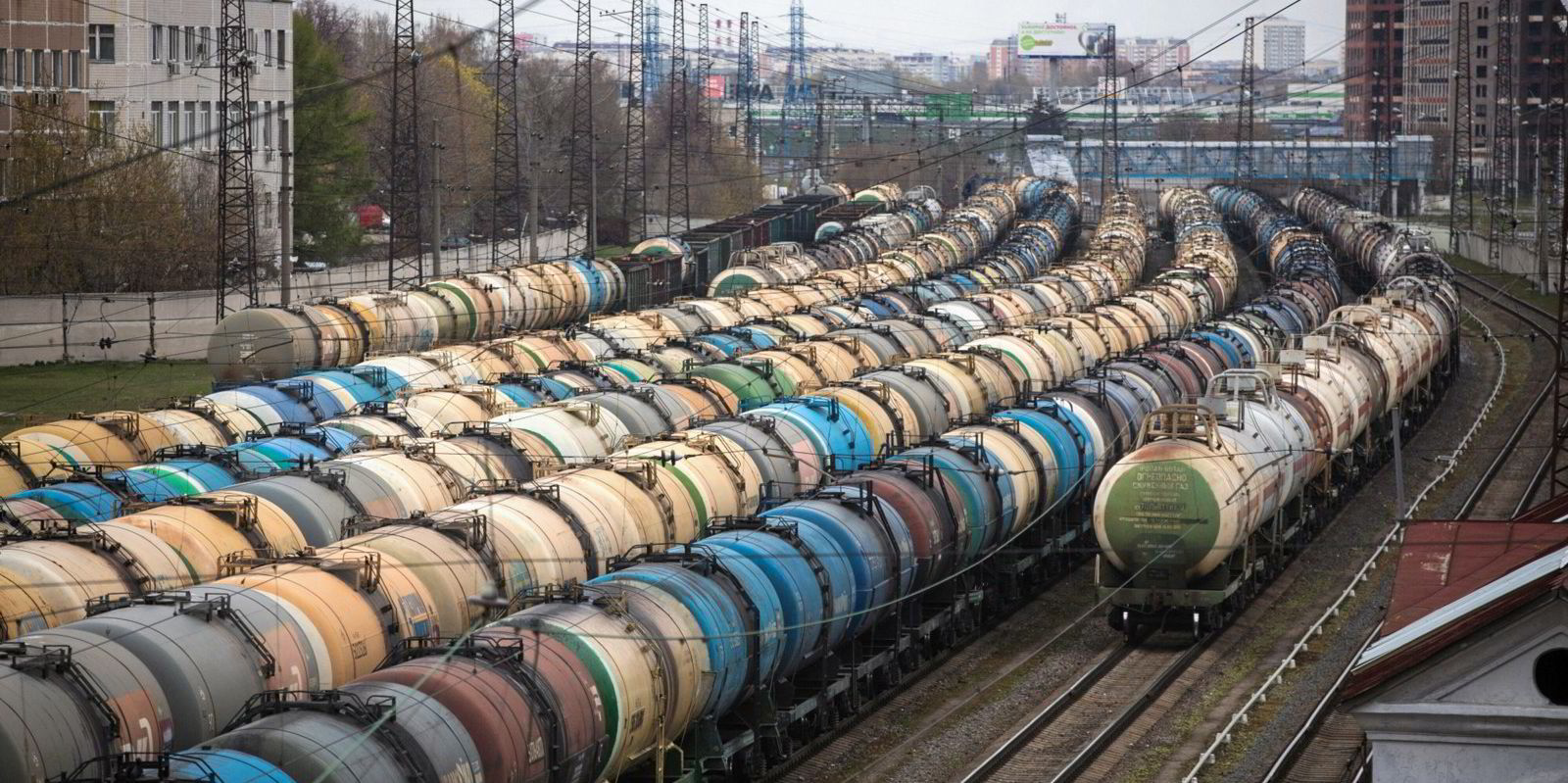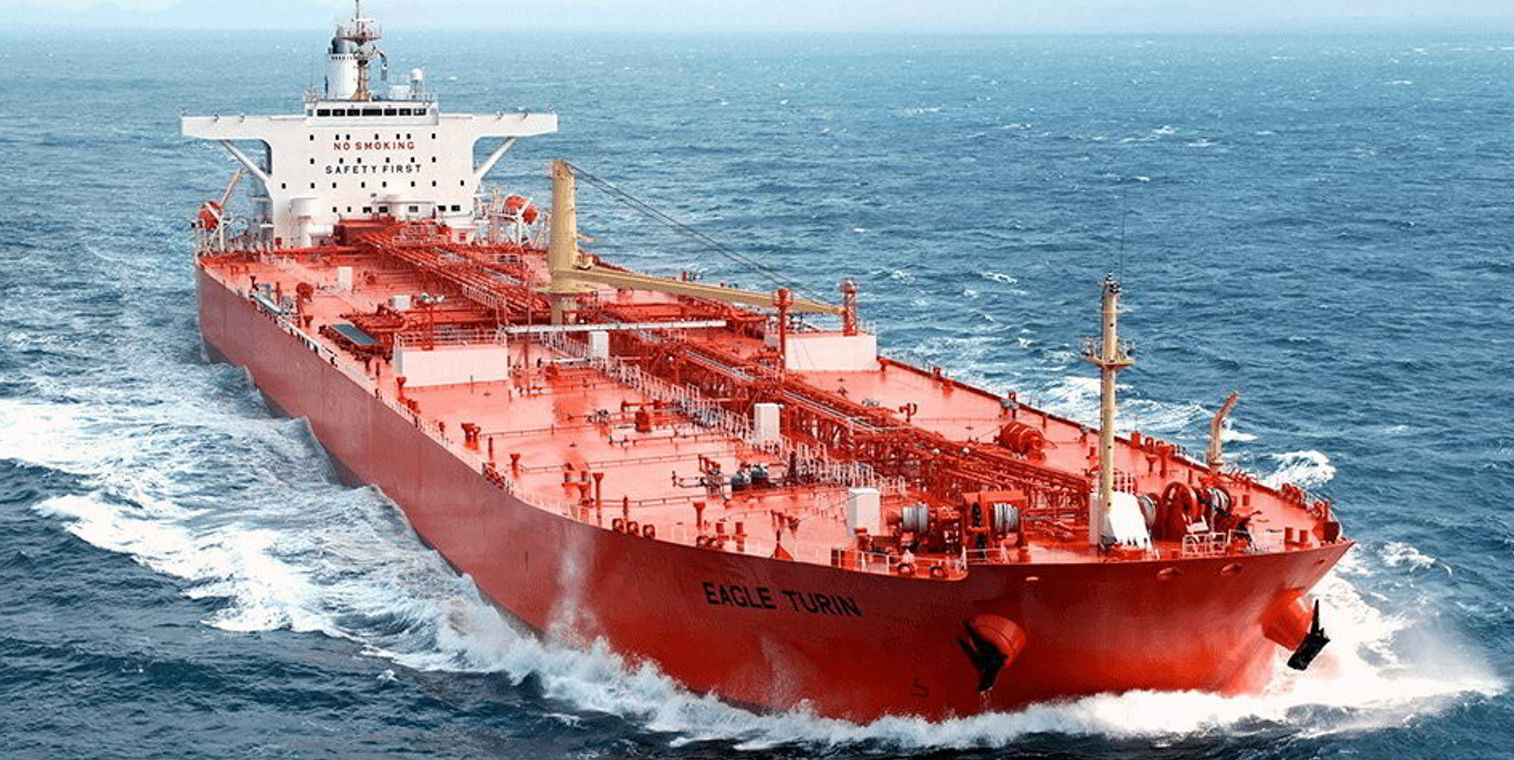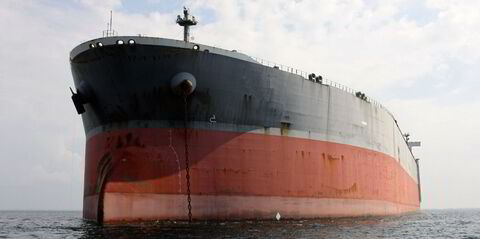Russia may suspend exports of refined petroleum products to help bring domestic fuel prices under control, the country’s main news agency, Tass reported.
The unnamed government source was speaking after a meeting late on Friday last week between deputy prime minister Alexander Novak and representatives of government departments and private companies to develop proposals to stabilise fuel prices in the Russian market.
“The Russian government is currently considering two options for stabilising fuel prices: a complete ban on the export of petroleum products for a certain period to saturate the market, as well as increasing the export duty to $250 per tonne on petroleum products,” Tass said.
According to the International Energy Agency, Russian refiners produce roughly twice the diesel volumes needed to satisfy domestic demand and typically export half of their annual production.
IEA data shows that Russian refineries processed 5.6m barrels per day (bpd) of crude in 2021 and exported 2.8m bpd of oil products. That excludes exports of vacuum gasoil and heavy fuel oil.
Much of that production used to go to European markets, but that trade came to a halt following Western sanctions after Russia started its war in Ukraine.
However, the Vladimir Putin-led nation has found new customers.
As TradeWinds reported earlier this year, citing Gibson Shipbrokers, Moscow increased its outbound refined oil shipments by about 225,000 bpd between February and April compared with the same period in 2022.
That growth was driven by shipments from the Baltic Sea to the Middle East Gulf.
There have also been sharp increases in Russian product exports to Turkey, North Africa and West Africa, as well as Latin America — mainly Brazil — and South East Asia. Most Russian clean petroleum product exports originate from Baltic terminals.
Ships and maritime services provided by G7 nations can be used only if products are in line with price caps of $100 per barrel for premium products and $45 for discounted ones.
But the changing nature of the tanker sector and the booming secondhand market has contributed to 75% of all Russian oil trade being unconnected with G7 countries, according to US officials.





